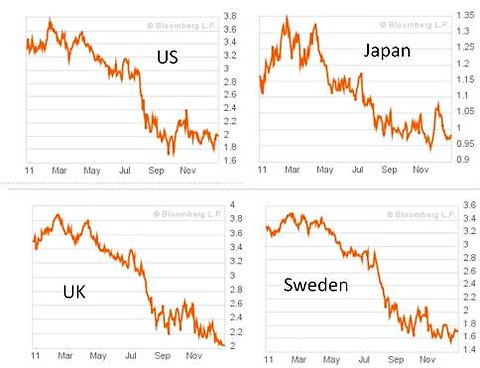Charles_Main
AR15 Owner
Tell you what. You pay the $134,469 YOU owe first, then tell us how the debt is manageable. You wouldn't just pass this on to our children, would you? Better hurry up. The feds collect $6 billion per day but spend $10 billion. Your share is increasing rapidly.
I'm having an "amen" moment with your post.
It's sheer insanity that anyone thinks you have to spend more to work your way out of debt.
It's not, actually. You know how the United States got out of the Great Depression? Massive government expenditures for World War II. The debt to GDP ratio was the highest it has ever been. However, that ratio came down when the economy grew and the government collected taxes.
One very key difference, The Massive government spending in WWII that did finally get us out of the Depression, was mostly spent directly on Buying goods and services from Private US businesses. Tanks, Plans, Bullets, Ships, Planes, Uniforms, Rations, you name it.
Unlike Obama's Spending which is Mostly on Government Programs, and expanding Government. The only real Direct spending Stimulus he wants to do is Targeted at only Benefiting the Construction industry, and then only Unionized Workers. The Type of Spending FDR did before the war, that never actually got us out of the Depression. It was only when we started spending massively on Private sector goods, that we saw what is needed to end any Depression or Recession. Private Sector Growth.


